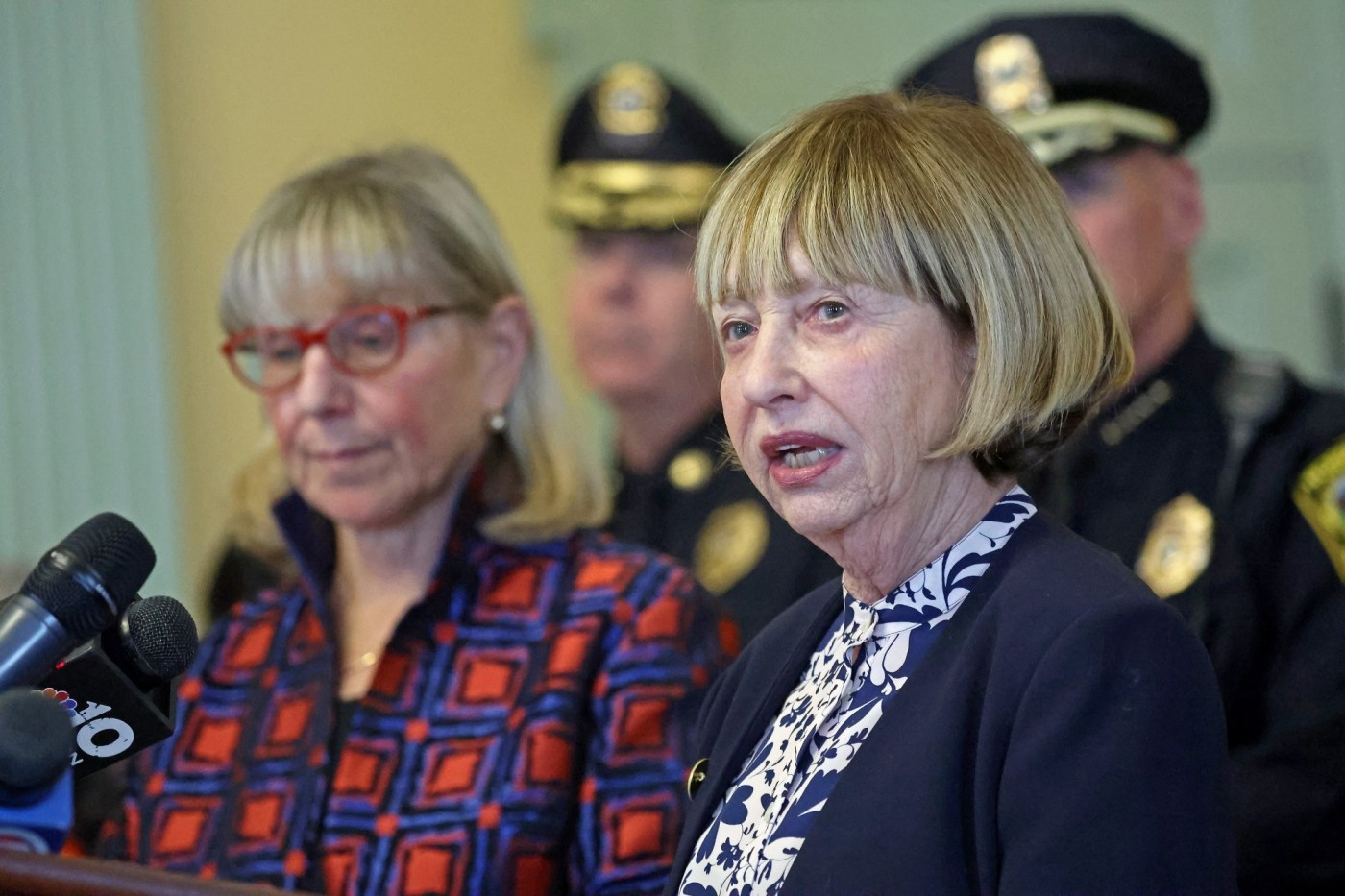As the government shutdown looms into its second week, House Speaker Mike Johnson has issued a stark warning: Democrats are refusing to negotiate on a crucial temporary funding measure proposed by the GOP. In an urgent interview on Face the Nation with Margaret Brennan, Johnson described the funding proposal as a “very simple, very conventional” solution aimed at keeping the government operational for an additional seven weeks.
The implications of the ongoing shutdown are profound, affecting millions of Americans who rely on government services and programs. Johnson stressed that this funding measure is a “bootstrap” approach, highlighting the urgency of the situation as critical negotiations stall.
“This is something that’s been done here all the time,” Johnson asserted, calling on Democrats to come to the table and work towards a bipartisan resolution. With the clock ticking, the pressure is mounting for both parties to reach an agreement before the situation escalates further.
The looming deadline poses a significant threat to federal employees and services, with many Americans already feeling the impact of the shutdown. Essential services, including healthcare and social programs, may see disruptions if an agreement is not reached soon.
In a recent poll, a majority of Americans expressed concern over the ongoing shutdown, with many fearing the economic repercussions if the deadlock continues. This sentiment is echoed by various organizations and advocacy groups who are urging lawmakers to prioritize the needs of their constituents over partisan politics.
As negotiations remain at a standstill, the focus now shifts to upcoming discussions in Congress. Observers are closely watching for any signs of compromise, as both parties face increasing pressure from their respective bases to take decisive action.
Stay tuned for further updates on this developing story as the situation continues to unfold. The urgency for a resolution is paramount, and both sides must act swiftly to prevent further disruption to the lives of everyday Americans.





